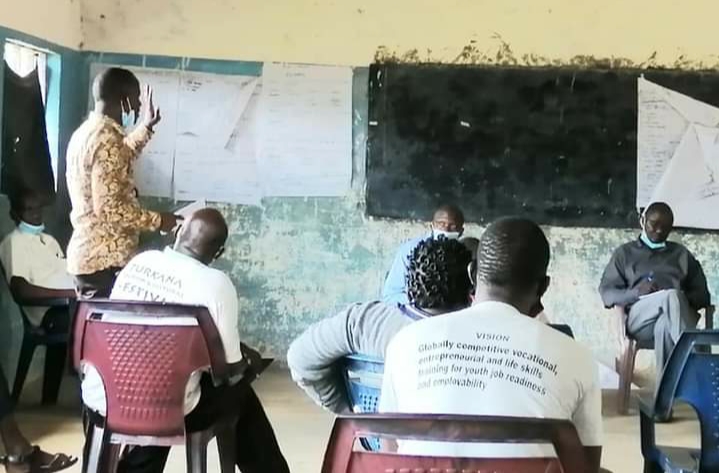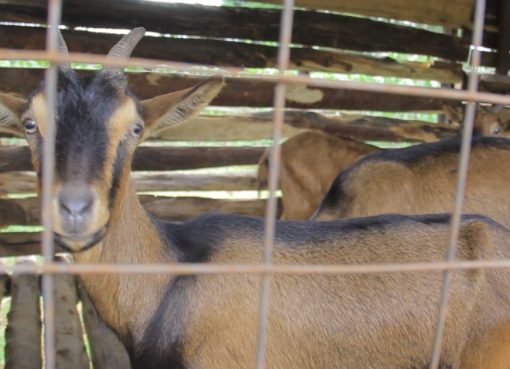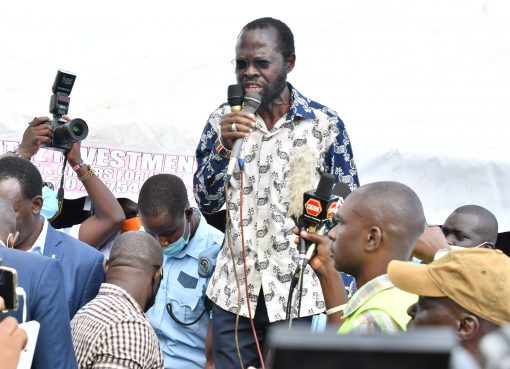Turkana County Agriculture Executive committee member Philip Aemun has urged officials of National Agricultural and Rural Inclusive Growth Project (NARIGP) to move from piloting on small scale value chains to larger ones in line with the Sustainable Development Goal of achieving zero hunger to enable the County Government achieve its agenda of food security.
Aemun said ending perennial cases of relief food cycles called for commercialization of agriculture on big irrigation schemes such as Katilu and Morulem that have potential of producing surplus food that could be sold by farmers to earn income as well as process crop stock to make fodder for livestock.
He stated that investments through public-private partnership would unlock untapped economic potential on the value chains such as honey production, sorghum and fish that have ready market.
He added that the Pastoral Economy department would strive to add value to livestock products such as skin and hides by promoting the tannery and other related emerging livestock facilities.
NARIGP is a National Government project funded by World Bank with an objective of increasing agricultural productivity and profitability of targeted rural communities in selected 21 Counties.
In Turkana, NARIGP supports the following value chains; Sorghum/Cowpeas intercrop, goat/sheep meat production, Poultry and Apiculture.
The County Executive was speaking on Tuesday when he presided over the closing of a 14-day training of County Government staff and community based facilitators on Pastoralist/Farmers Field Schools at Nakwamoru, Kaputir ward in Turkana South Sub-County.
Aemun said that the Pastoral Field Schools (PFS) would empower pastoralist communities with skills and knowledge to make informed and critical decisions through experimental and learning techniques.
County Veterinary Services Director Benson Longor said training of the pastoralist on PFS technology innovation would improve livestock extension services and supplement indigenous knowledge on livestock rearing and production.
Turkana NARIGP Coordinator Joseph Ekalale said that the PFS/FFS methodology teaching software which was done in consultation with World Bank was aimed at offering alternative livelihood diversification skills especially in vast counties such as Turkana to help address initial gaps of access to unavailable services in selected counties.
He reiterated NARIGP’s focus to support producer groups through funding proposals and offering training on value additions so that they could acquire knowledge and skills on how to write proposals.
NARIGP target on FFS/PFS is to train 100 Community-based facilitators per county in the selected 21 counties.
Out of the targeted 100 Community based facilitators nominated from Common Interest Groups (CIGS) across the county, 20 are County Government staff drawn from wards where NARIGP projects are being implemented.
By Peter Gitonga





